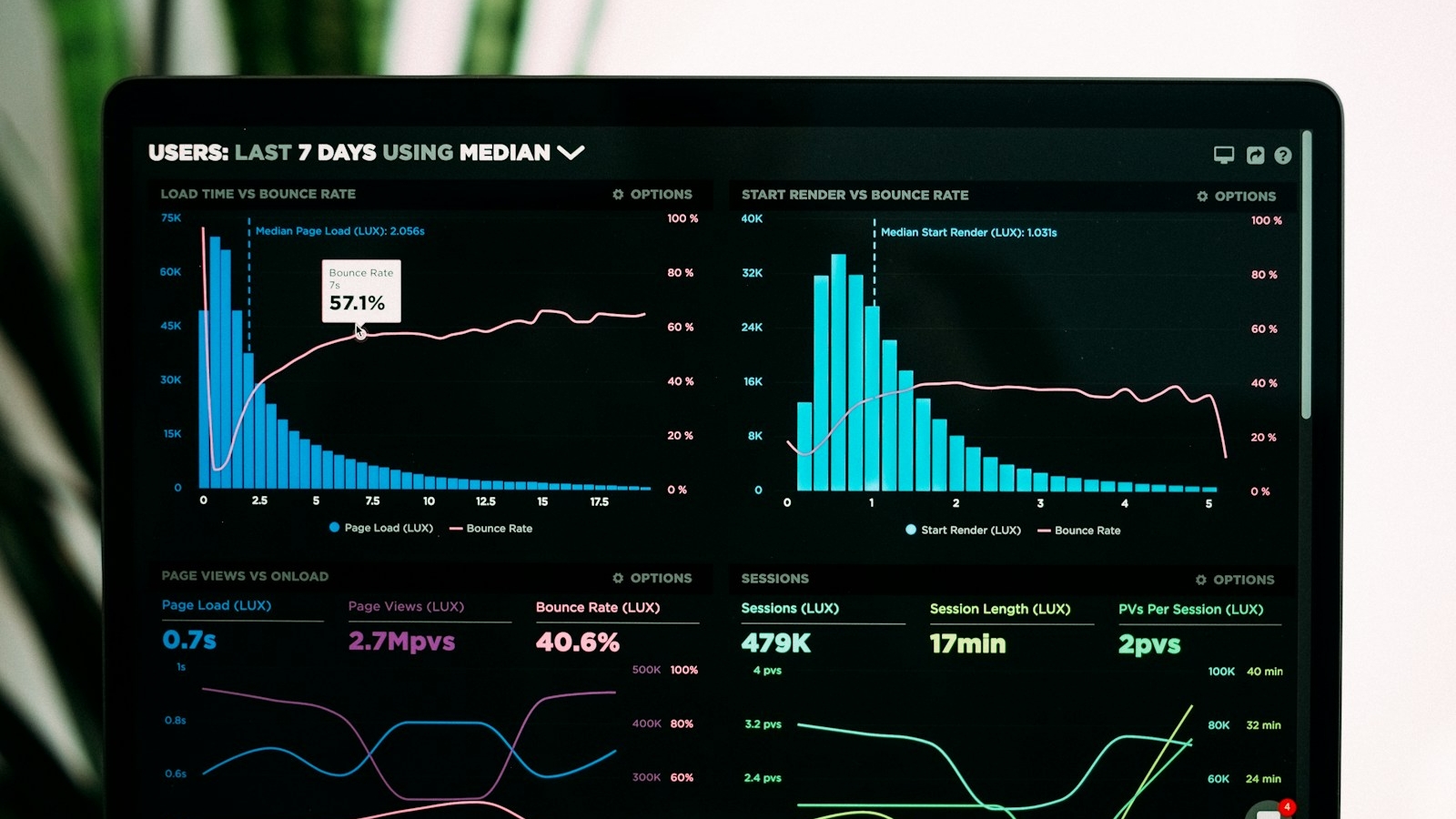In the modern hospitality industry, Online Travel Agencies (OTAs) like Booking.com, Expedia, and Airbnb have become essential tools for many hotels, guesthouses, and resorts. With millions of travelers using these platforms to book accommodations, OTAs offer hoteliers significant exposure and access to global markets. However, relying heavily on these platforms for revenue growth also comes with its challenges.
As a hotel owner or manager, it’s important to understand the pros and cons of relying on OTAs for your revenue strategy. Whether you’re running a luxury hotel in Goa, a boutique guesthouse in Jaipur, or a budget-friendly inn in New York City, knowing the advantages and drawbacks of OTAs can help you make more informed decisions for your property’s financial success.
The Pros of Relying on OTAs for Revenue Growth
1. Increased Visibility and Global Reach
One of the biggest advantages of using OTAs is the global exposure they offer. These platforms attract millions of travelers from around the world, making it easier for your hotel to be discovered by potential guests who may not have found you otherwise.
Why It Matters:
- Global Audience: OTAs enable your property to reach a wider audience, especially international travelers. For example, a boutique hotel in Delhi can attract tourists from Europe, North America, or Asia through platforms like Airbnb or Expedia.
- Exposure to Niche Markets: OTAs cater to specific market segments, such as luxury travelers, budget-conscious tourists, or business travelers. This targeted reach helps you market your property to the right type of guests.
- Built-In Marketing: OTAs invest heavily in marketing campaigns, running promotions, TV ads, and digital marketing efforts that drive traffic to their websites, increasing the likelihood of your property being booked.
Example: A hotel in Mumbai could see an influx of bookings from travelers searching for accommodation during popular global events such as the IPL (Indian Premier League) or international conferences.
2. Simplified Booking Process and Increased Conversion Rates
OTAs provide a streamlined booking process, allowing guests to easily search for, compare, and book accommodations without having to navigate multiple websites. The ease of booking through OTAs significantly increases conversion rates, as travelers prefer platforms they know and trust.
Why It Matters:
- User-Friendly Platforms: OTAs offer intuitive booking systems, making it quick and easy for travelers to find and book rooms.
- Multiple Payment Options: OTAs typically offer secure, multi-currency payment options, which make it convenient for international travelers to complete transactions with ease.
- Instant Booking Confirmation: OTAs provide real-time availability updates and instant booking confirmations, which boost trust and reliability for travelers.
Example: A hotel in Bengaluru could benefit from international travelers using Expedia to book rooms in advance, allowing them to lock in their stay without worrying about availability or security.
3. Marketing and Advertising Support
As a hotelier, investing in advertising campaigns can be costly and time-consuming. OTAs already have established marketing networks that promote your property to a broad audience, so you don’t need to spend extra time or money on creating marketing materials.
Why It Matters:
- Global Marketing Reach: OTAs run large-scale advertising campaigns through digital marketing, TV ads, and promotional offers, bringing your hotel in front of thousands of potential guests.
- Seasonal Promotions: OTAs often run special deals or sales, which help increase bookings during off-peak seasons. By listing your property, you can take advantage of these promotions and benefit from greater visibility.
- SEO Benefits: OTAs are SEO-optimized, meaning that your hotel’s listing may appear higher in search engine results for travelers searching for accommodations in your area.
Example: During global sales events like Black Friday or Summer Sales, OTAs like Booking.com or Hotels.com run promotional campaigns that can bring in a significant number of bookings.
The Cons of Relying on OTAs for Revenue Growth
1. High Commissions and Fees
One of the major drawbacks of using OTAs for revenue growth is the high commission fees that these platforms charge. While OTAs provide valuable exposure and convenience, the cost of listing on them can eat into your overall profits.
Why It Matters:
- Commission Rates: OTAs typically charge between 15% and 25% in commission fees per booking, depending on the platform. This means that a significant portion of your revenue goes to the OTA rather than your property.
- Price Pressure: The high commission fees can force you to adjust your room rates to remain competitive on the platform, potentially lowering your overall pricing and profit margins.
Example: A luxury resort in Phuket might lose a considerable portion of its revenue to Expedia or Booking.com, reducing its ability to reinvest in property upgrades or guest experience enhancements.


2. Lack of Control Over Guest Data
When booking through an OTA, hoteliers often have limited access to guest data, which can be a disadvantage when trying to build direct relationships with guests or create targeted marketing campaigns.
Why It Matters:
- Missed Direct Marketing Opportunities: Since OTAs control the guest relationship, you don’t have access to emails, phone numbers, or personal preferences. This makes it difficult to engage with customers before, during, or after their stay.
- Guest Loyalty: Relying on OTAs can make it harder to build brand loyalty and encourage repeat bookings, as the OTA is the primary point of contact for the guest.
- Limited Upselling Opportunities: Without access to guest data, you may miss opportunities to upsell or cross-sell services such as spa treatments, excursions, or premium room upgrades.
Example: A hotel in Agra might struggle to reach guests directly to promote offers for a return visit or special packages if it’s primarily relying on Booking.com or Airbnb for reservations.
3. Brand Dilution and Dependence on OTAs
Relying heavily on OTAs for bookings can result in brand dilution, as your hotel’s presence is often overshadowed by the OTA’s own branding. This can lead to a dependency on third-party platforms, reducing your ability to create a unique identity for your hotel.
Why It Matters:
- Limited Branding Opportunities: OTAs focus on their own platform, not your property. This limits your ability to create a direct connection with your guests and promote your unique brand.
- Competitive Environment: Your hotel may be listed alongside competitors on the same platform, making it harder to stand out without offering the lowest price or significant promotions.
- Over-Reliance on OTAs: Heavy reliance on OTAs can be risky. If an OTA changes its algorithms, policies, or commission structure, your hotel’s revenue could take a hit.
Example: A luxury hotel in Dubai may find that the global appeal of Booking.com means they have little control over how their property is presented compared to others, and their brand identity gets lost in the process.


4. Increased Competition
While OTAs provide a broad audience, they also expose your property to intense competition. Travelers can easily compare hotels, prices, amenities, and reviews, which means your property needs to stand out in an oversaturated marketplace.
Why It Matters:
- Price Sensitivity: OTAs make it easier for guests to compare prices, making it challenging for hotels to differentiate based on anything other than cost.
- Discounts and Promotions: OTAs often encourage discounts, which means hotels may be forced to drop their rates or offer promotions to remain competitive, reducing overall profitability.
- Visibility vs. Price: Your hotel might be outshined by bigger brands or properties offering aggressive pricing strategies, even if your hotel offers better services or amenities.
Example: A 5-star hotel in Bangkok might be listed alongside other luxury hotels at similar price points on Expedia, leading travelers to choose based on small price differences rather than unique experiences.


